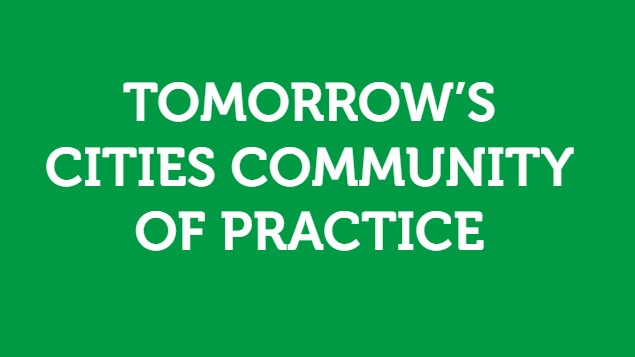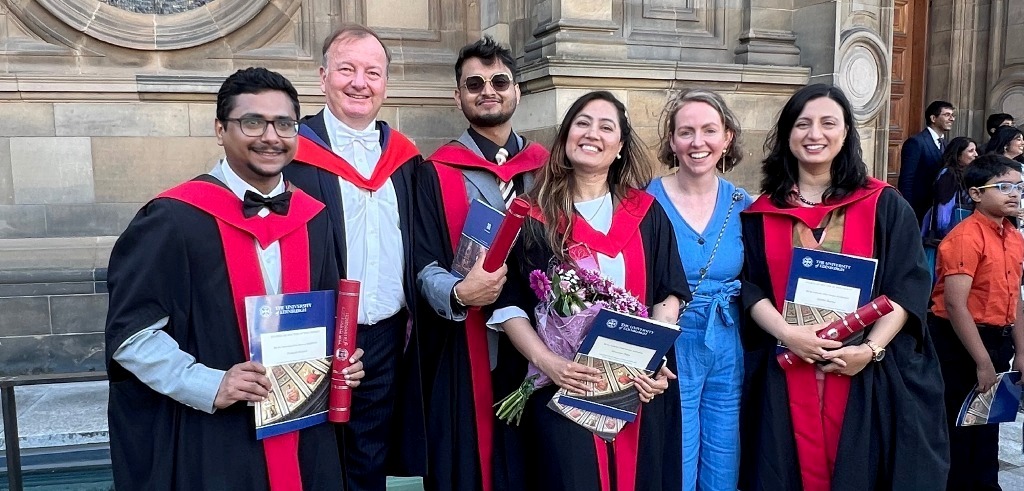
- Close
12/05/2025 |
New Initiative Builds on Lessons from Tomorrow’s Cities to Support Risk-Informed Reconstruction in Gaza

A new knowledge exchange initiative led by Dr Thaisa Comelli and Prof Mark Pelling of University College London’s Department of Risk and Disaster Reduction is building on the legacy of Tomorrow’s Cities—linking future visioning with inclusive, risk-informed urban planning in contexts of crisis and recovery. The project is funded by UCL Innovation and Enterprise.
Envisioning a Safe, Inclusive Gaza: Embedding Risk and Climate Adaptation Considerations into Post-Conflict Reconstruction Plans brings together academic, civil society, and institutional partners from Palestine, Türkiye, and the UK, and international organisations, to ensure that risk reduction and climate resilience are central to Gaza’s future rebuilding.
The project recently hosted a successful three-part webinar series to kick-start knowledge exchange among global experts:
🔹 Gaza’s Past and Future Recovery and Reconstruction Plans – Led by An-Najah National University and Ministry of Public Works in Palestine
🔹 Reconstructing Hatay: Lessons for Gaza – Led by Türkiye Design Council
🔹 UN-Habitat’s Data and Planning Work in Gaza – Led by UN-Habitat
Each session offered reflections on the cross-cutting, multidimensional nature of reconstruction efforts, highlighting the need to align short-, medium-, and long-term strategies to build a safe, inclusive, and sustainable future.
This week, the project team is heading to Amman (Jordan) for in-person meetings with key stakeholders, followed by a field visit to Hatay, Türkiye, to gather insights from recent post-disaster reconstruction efforts.
This initiative builds on the Tomorrow’s Cities approach to collaborative, future-focused risk planning – and extends its relevance to some of the most urgent urban recovery challenges of our time.


